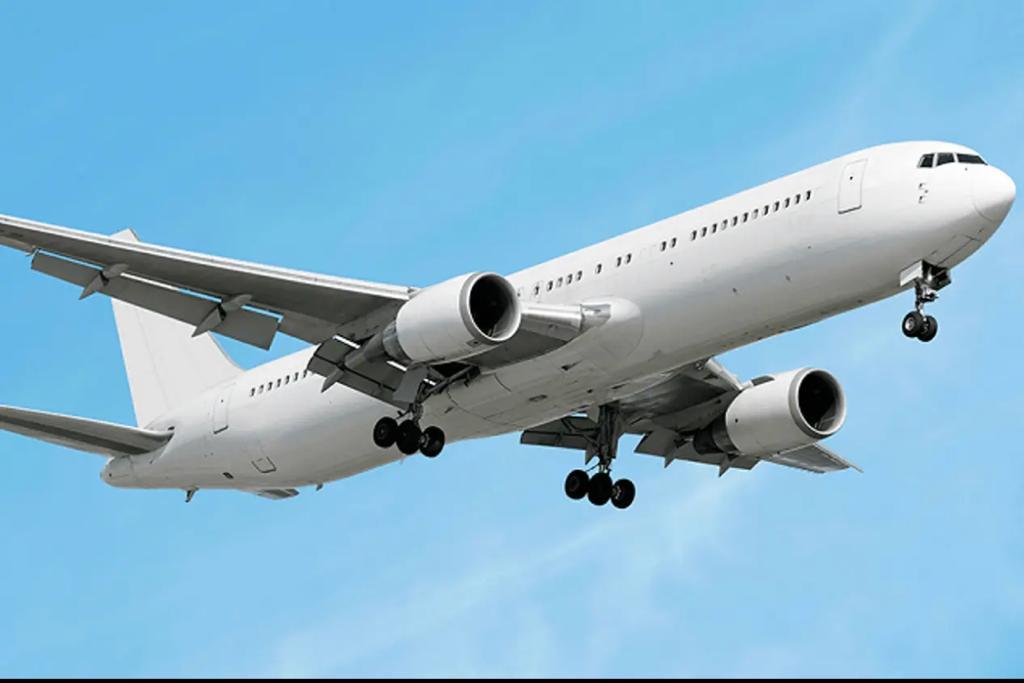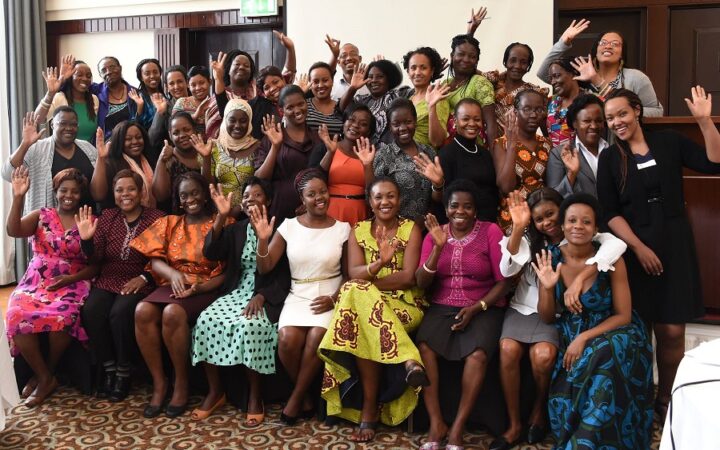BY EMMANUEL ADOGHE
Business models can become obsolete. In life or business, innovation is the antidote to obsolescence. Or as management guru Peter Drucker puts it “innovate or die”. And with increasing competitiveness in the global marketplace, companies do more than just rejig key strategies. They go in with deep pockets to sustain the battle for both market share and share of wallet.
A surplus of this tactic is common to the airline business — a service industry that is particularly unique in its capital structure. Airlines have the highest debt-to-equity (D/E) ratio compared to any other industry. This is not surprising: airlines buy or wet lease their main operational assets — aircraft, which are high-cost, long-life assets that cost more than a pretty penny.
Additionally, airline operations are capital-intensive. The assortment of costs for aviation fuel, pilots, flight attendants, baggage handlers, plane maintenance, air hangars and airport fees can be steep but necessary for smooth operations.
Advertisement
To put it simply, the airline business guzzles money — loads of it, to run smoothly and grow.
For airlines in most emerging markets like Nigeria, the excruciating intensity to raise cash for operations and growth is compounded by frequent policy somersaults. It lends credence to the hyperbolic claim that “the best foreign airline cannot survive 72 hours doing business in Nigeria without government support”. That declaration from Allen Onyema, the chairman of Air Peace Airlines and Nigeria’s largest airline, was at an aviation event last year according to a New Telegraph report.
To put words in the horse’s mouth, poor access to capital and a disabling environment is majorly responsible for the litany of airline tombstones prettifying the Nigerian aviation graveyard. Tellingly, most failed airlines gave up after last-ditch efforts to raise money to sustain their operations — an illuminating fact that capital inadequacy coupled with poor vision and mismanagement are recurring banana peels in the industry.
Advertisement
Musing over various analytics, and possibilities of local airlines scaling their brand value onto the global stage with an infusion of capital from economically viable states, working together in a joint venture, I got jolted by the announcement that Lagos state intends to establish an airline! The announcement dampened my enthusiasm from the exciting results of my analytics.
In my analytics, economically viable states such as Delta, Rivers, Lagos etc., could pool enough capital to invest in a fledging airline like Air Peace or Ibom Air (which may be rebranded) to catalyze its rapid expansion into one of the top global airline brands within a decade.
Think Emirates Airline.
Here’s an airline which carried 43.6 million passengers in 2022-23 with a group revenue of US$ 32.6 billion. Emirates has soared to become the foremost regional airline in the Middle East, and fourth internationally in the top 10 most valuable airlines. Its total fleet count (aircraft) was 260 units, with a youthful average fleet age of 9.1 years in 2023. That is almost three times the total number of 104 aircraft in operation by all airlines in Nigeria!
Advertisement
In these climes where most state governments copy and paste projects without profound analysis for viability, it is not far-fetched to assume other states may also initiate their branded airline, to mimic Akwa Ibom (Ibom Air) in a competitive race to the bottom. To be sure, there is precedence of similar ill-advised ventures; the litter of abandoned and unviable Airport projects strewed across the country.
A vuvuzela of state-promoted airlines (all 36 states and the FCT), such as Lagos Airlines, Ekiti Airlines, Osun Airlines, Oyo Airlines, Edo Airlines etc., that cannot survive the competitive airline business will inevitably increase the number of airline gravestones. Must states go into the airline business independently? Perhaps, state executives did approach the private airlines for partnership or joint venture and their advances were rejected.
Whatever the case, it speaks to the argument that recalcitrant self-sufficiency and distrust to work with others or form mergers may be an obstacle to pivoting onto the global stage for most Nigerian entities.
At the same aviation event cited earlier, a former president of Aviation Round Table (ART), Gabriel Olowo, characterised the country’s airlines as “very weak, small, and fragmented” and listed the dismay numbers of aircraft – “Air Peace with 30 aircraft, Arik Air 17 aircraft, Max Air 13 aircraft, Dana Air 7 aircraft, Overland Airways 7 aircraft, Ibom Air 7 aircraft, ValueJet 4 aircraft, Azman 5 aircraft, Rano Air 5 aircraft, United Nigeria 4 aircraft, and Green Africa 3 aircraft, all totalling 104 aircraft by the eleven carriers is less than Ethiopian Airlines that parades 144 aircraft in its fleet. Tell me, competing out there, will be a herculean task without collaboration, cooperation, and or merger. The merger was successful in banking and should be successful in aviation, dwelling on fleet size rather than share capital”.
Advertisement
Taking a sweeping view of the airlines operating in the Nigerian space, one is hard-pressed to find a single airline that can lay claim to financial buoyancy or passable immunity to macroeconomic headwinds or financial shocks — as the recent aviation fuel and forex crisis demonstrated. Airlines with strong cashflows can deploy hedging strategies against these currency or commodity risks or use capacity-sizing to protect their profits.
To be clear, a departure from the runway of thinking small is a necessary condition for Nigeria’s commercial airline owners to increase their footprint on the global stage. Parochial interests have no place in global business and must be subsumed into shared responsibilities and shared prosperity. No one can have all the answers.
Advertisement
Collaboration is crucial to achieving a stated vision, and more importantly, threading the path of profitability for businesses. As American social critic H.L. Mencken sees it, “There is always a well-known solution to every human problem—neat, plausible and wrong”.
Advertisement
Views expressed by contributors are strictly personal and not of TheCable.
Add a comment






